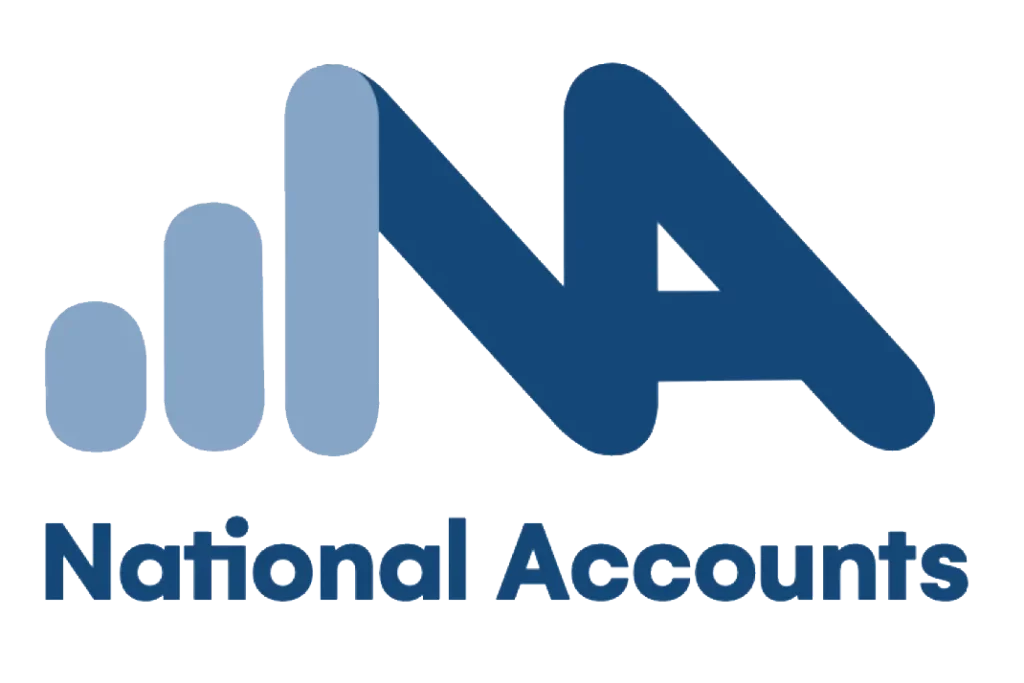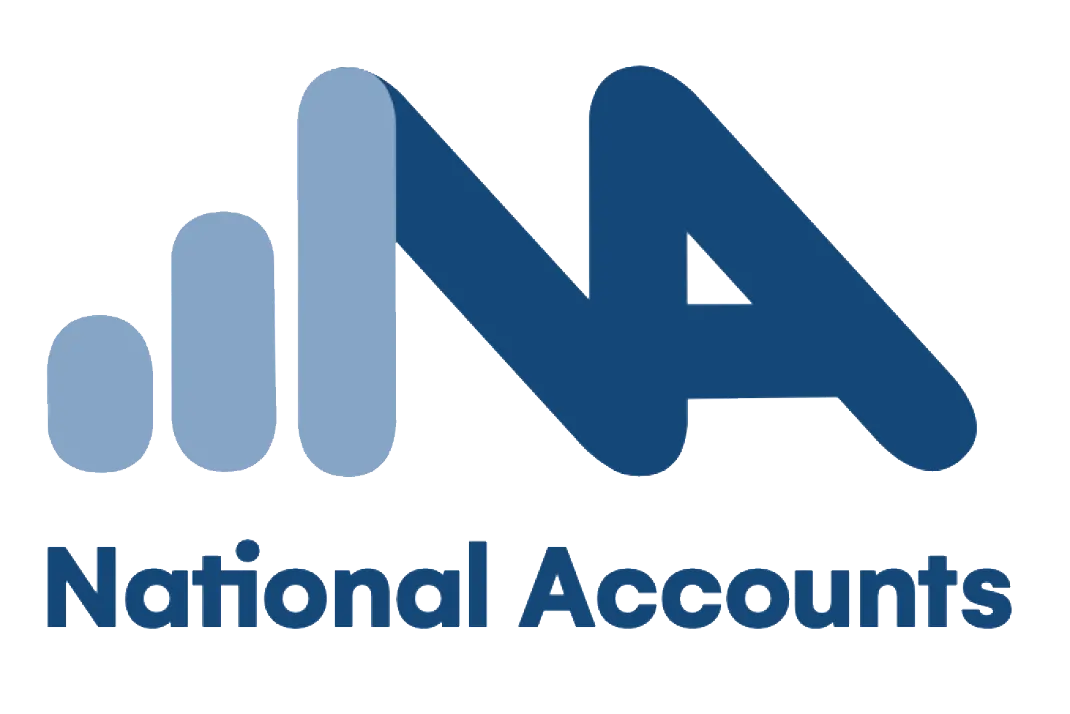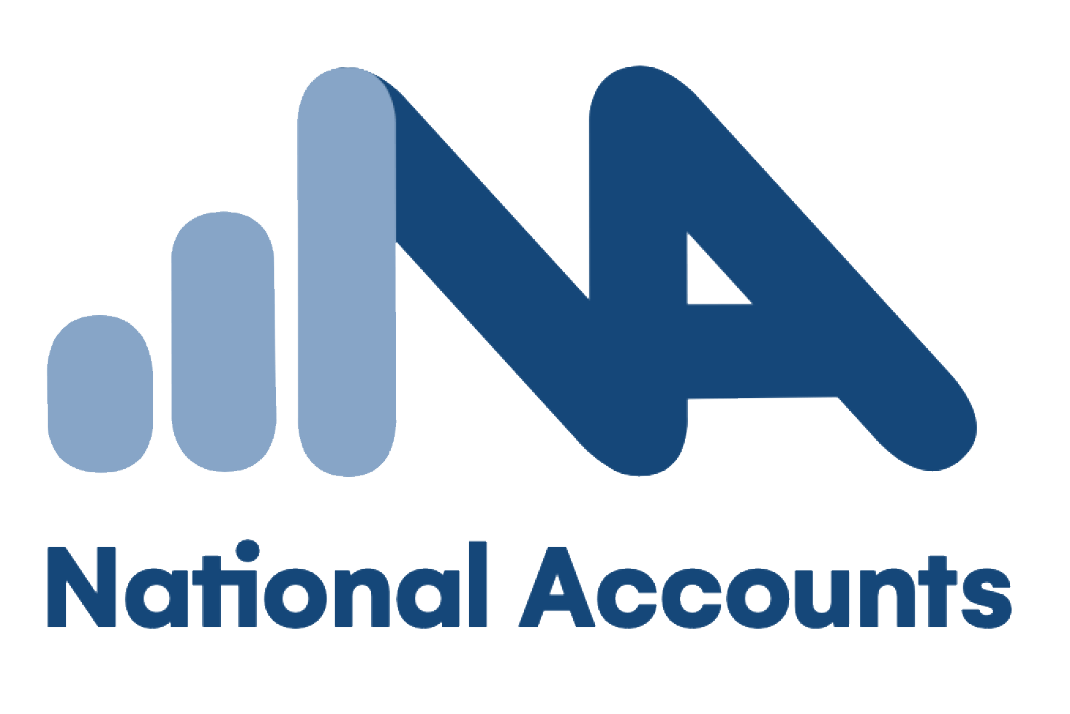Generally speaking, superannuation in Australia must not be accessed until you reach your applicable preservation age and retire from the workforce. That said, there are certain circumstances that permit you to access funds from your superannuation early. In this guide, we’re unpacking the pros and cons of accessing your superannuation early, and what the implications may be if you choose to do so.
When can you access your superannuation early?
There are certain instances in which you are permitted to access your superannuation early. These include compassionate grounds, financial hardship, terminal illness and incapacity. If you are not terminally ill or out of work due to disability, early access to your superannuation will likely only be granted if it prevents the sale of your home or other debt enforcement action on unpaid bills.
New legislation in 2020 also permits eligible applicants to release up to $20,000 of their superannuation over the next two years if their income has been impacted by the COVID-19 pandemic. You’re eligible if you’ve been made redundant, your employment income has been cut by more than 20%, or you’re a sole trader who has suffered losses in turnover of at least 20%.
What are the disadvantages of accessing your superannuation early?
Accessing your superannuation early might sound like an easy way to access money without going into debt. While true, there are some significant downsides to doing so. Consider the impact that the funds from your superannuation would have on your circumstances, and consider whether it’s worth sacrificing potential compounding returns by leaving it in your super.
Your superannuation is invested with long term returns in mind, so while you may withdraw $10,000 now, you could be losing out on much more had you left that money to continue growing in your super fund.
This is particularly important if you’re accessing your super fund to pay mortgage arrears or other debts. If the amount you access can’t fully pay off the debt, you may still end up in danger of having your home repossessed or defaulting on debt repayments – but you’ll still have missed out on the potential returns from your superfund. In addition, funds within your superannuation are protected from creditors. If you withdraw it, you lose this protection.
Accessing your superannuation early can also mean paying higher rates of tax, plus fees from your superfund provider.
What are the advantages of accessing your superannuation early?
Accessing your superannuation early may relieve extreme financial stressors of debt, medical expenses, funeral costs or legal costs. Withdrawing from your superfund would allow you to pay these bills without taking out additional credit.
Withdrawing your superannuation early can also allow you to enjoy time with friends and family if you have been diagnosed with a terminal illness, or help with the financial aspects of temporary or permanent incapacitation.
Accessing your superannuation early due to financial hardship
The main advantage of accessing your superannuation early is to combat financial hardship. If you have exhausted all other options for paying your creditors and are experiencing emotional stressors relating to your bills, accessing your superannuation early can provide relief – but only if it solves the problem entirely.
If the amount you can withdraw from your superfund does not cover the entire debt, you’re simply prolonging eventual debt enforcement action. This leaves you with less in your superfund for retirement and/or another incident of financial hardship.
It’s important that you weigh up the short term benefit and the long term disadvantages of accessing your superannuation early due to financial hardship.




